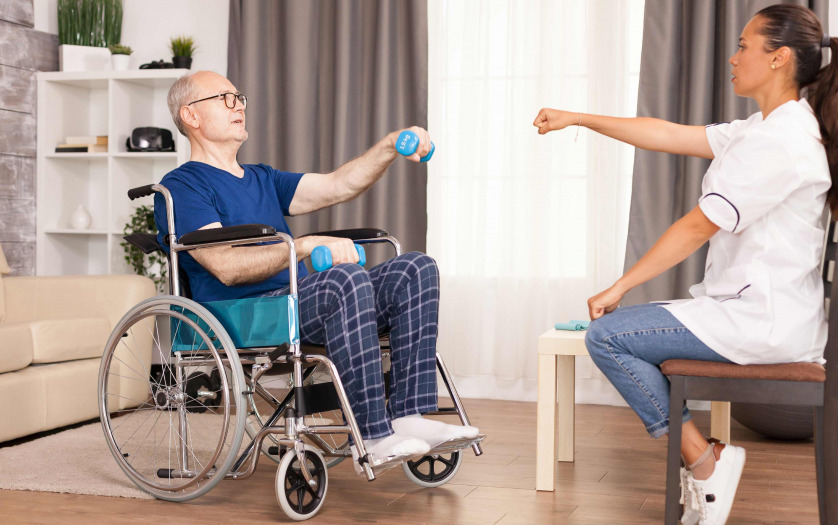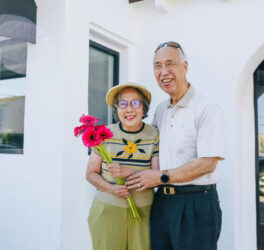
Encouraging paid workers to employ the ‘right kind’ of respectful personal relationship with young people with disabilities will lift standards in the sector, experts say.
With good quality relationships, children and young adults with cognitive disability feel “valued, respected and cared about” in their daily lives and, in turn, give carers more job satisfaction and self-respect, international researchers say in a new paper published in the international Disability & Society journal.
The in-depth study of 42 pairs of Australian support workers and young peoplewith disability, led by Flinders University Professor Sally Robinson, recommends a personal care system that focuses on high-quality personalized care which builds “self-esteem, confidence and self-respect” in the young person, as well as the support worker.
The National Disability Insurance Scheme (NDIS) can provide increased flexibility by funding people with disability to choose their own care package.
Lead researcher, Flinders Professor of Disability and Community Inclusion Sally Robinson, says there is a pressing need to be able to monitor and support relationships in a strategic and concerted way as support relationships move into increasingly devolved spaces of care under individualized funding policies such as the NDIS.
“It’s a significant and responsible relationship between paid carers and people with disability. It must be a mutually beneficial situation, and one the NDIS care packages can do well with proper guidelines,” Professor Robinson says.
“Caring is only part of the job; respect and valuing the person with disability—to help them realize their capabilities and other needs—must be enhanced by training and leadership from provider organizations employing support workers in our community.
“Careful consideration needs to be given to personal care relationships and how the experience of mutual recognition shapes the identity of people with disability and the professional self-concept of support workers”, she says.
The “dire circumstances” of poor quality of care relationships has come under more scrutiny during COVID-19 social isolation, adds UNSW Sydney co-author Professor Karen Fisher.
“This research found that supporting workers to value the contributions of people with disability in the same way as they treat other people is a protective mechanism for them both.”








